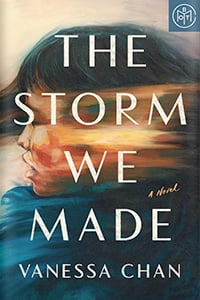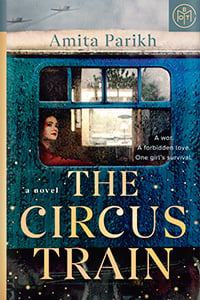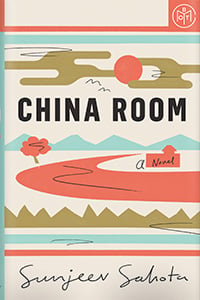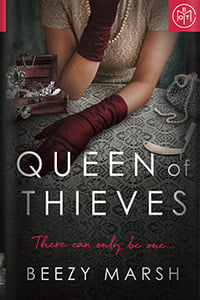

Historical fiction
What We Kept to Ourselves
by Nancy Jooyoun Kim
View audiobook
Quick take
Follow one Korean-American family moving between ‘70s and ‘90s LA as they grapple with the meaning of home and dreams.
Good to know
400+ pages
Family drama
Nonlinear timeline
Immigration
Synopsis
1999: The Kim family is struggling to move on after their mother, Sunny, vanished a year ago. Sixty-one-year-old John Kim feels more isolated from his grown children, Anastasia and Ronald, than ever before. But one evening, their fragile lives are further upended when John finds the body of a stranger in the backyard, carrying a letter to Sunny, leaving the family with more questions than ever about the stranger’s history and possible connections to their mother.
1977: Sunny is pregnant and has just moved to Los Angeles from Korea with her aloof and often-absent husband. America is not turning out the way she had dreamed it to be, and the loneliness and isolation are broken only by a fateful encounter at a bus stop. The unexpected connection spans the decades and echoes into the family’s lives in the present as they uncover devastating secrets that put not only everything they thought they knew about their mother but their very lives at risk.
Both a riveting page-turner and moving family story, What We Kept to Ourselves masterfully explores the consequences of secrets between parents and children, husbands and wives. It is the story of one unforgettable family’s search for home when all seems lost, and a powerful meditation on identity, migration, and what it means to dream in America.
Read a sample
Get an early look from the first pages of What We Kept to Ourselves.
Why I love it
Thao Thai
Author, Banyan Moon
“What was love but a ripeness of unexpected feeling, a rush to dedicate oneself, to kneel at the altar of another’s well-being without losing, but in the process, gaining another self?”
How well do we really know the people we’re closest to? This question is deeply explored in Nancy Jooyoun Kim’s What We Kept to Ourselves, a novel that reads as a gripping mystery enfolded within a family drama.
Here, we meet Sunny and John, an isolated Korean-American couple whose marriage has worn thin in the struggles of immigration and parenthood. When Sunny disappears one winter day, leaving behind her teenaged children, Ronald and Ana, John must grapple with his wife’s betrayal, along with his own culpability in their family’s dissolution.
A year after the disappearance, John stumbles upon a dead, unhoused man in the family’s yard bearing a letter with Sunny’s name on it. This discovery prompts a winding search through time, laced with treachery and moments of unexpected tenderness. As the secrets unfurl, we learn about Sunny’s inner life, teeming with rich ambitions beneath her exterior as a housewife and a mother. We begin to piece together a story that spans continents, unexpectedly stitching together two families longing for connection.
What We Kept to Ourselves is an abiding testament to the power of human empathy, even within hurdles of language, age, and race. It’s a story I won’t forget any time soon.



































































